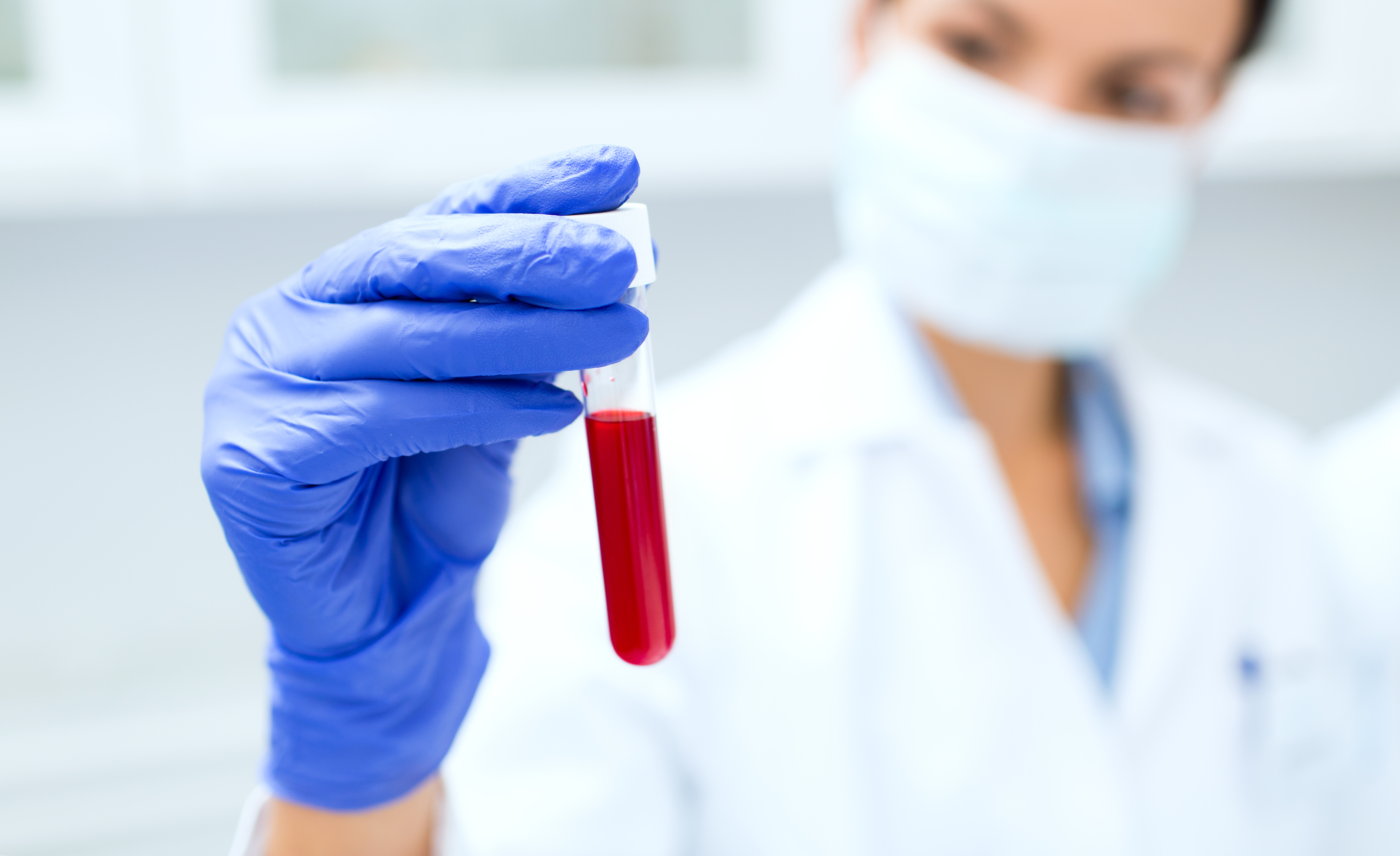
By now you’ve probably heard the news that there’s no one-size-fits-all miracle diet, and you can’t wait to personalize the ideal food plan for yourself. But zeroing in on that diet can be daunting, especially when it comes to identifying the foods that are perfect or poison for you. Trickier than just eliminating sugar and potato chips, some people come to find that it’s actually seemingly healthy foods – like kale or tomatoes – causing them aches, pains, or itchiness.
Related: Tailor-Made Diets
The classic elimination diet, where you remove foods from your diet for a period of weeks or months and then add the foods back in one at a time to see if symptoms return, can seem drawn out or intimidating. Luckily, a plethora of tests, from blood tests to muscle testing to hair analysis, are on the market claiming to help you ID the foods that are best and worst for you.
Best of all, when you start to eat your “green zone” foods, you can optimize your health, boost your energy, and even sleep better.
While you are the only one who can truly confirm the right foods for you, here are three of the most popular blood tests* on the market that might help you figure out what edible items are your problems and which foods are your solutions.
FOOD ALLERGY/IgE TESTING:
If you’ve ever had hives or itchy ears after eating, a food allergen might be the culprit. In this type of reaction, the body produces antibodies- specifically IgE (immunoglobulin E) – to battle a perceived dangerous food antigen. Symptoms can include hives, swelling, itchiness, difficulty breathing, vomiting, and diarrhea, said Rachel Robison, M.D., a Chicago allergist and immunologist.
“Food allergy can be defined as having a reaction every time you eat that food protein in almost any amount or any form,” she said. “Symptoms that develop are pretty immediate.”
With a food allergy blood test, levels of IgE are measured in response to certain foods. Common food allergens are peanuts, tree nuts, milk, eggs, wheat, shellfish, fish, and soy, but nearly any food can cause a reaction. And you can develop an allergy at any age.
Robison, who uses blood testing in her office along with skin-prick allergy tests and oral food challenges, said that this blood test can be helpful in diagnosis, but can also be full of false positives.
“The most important take-away point is that positive testing alone without a history of reaction to that food is not positive for an allergy,” she said. In other words, if you eat that food often and don’t have allergic symptoms, that experience overrides the test results.
Cost: Most insurance policies cover IgE allergy testing. Out of pocket costs can range between $200 and $1000.
Where to get tested: If you feel that you might have a specific food allergy, you should seek the help of an allergist, as food allergies can be life threatening.


